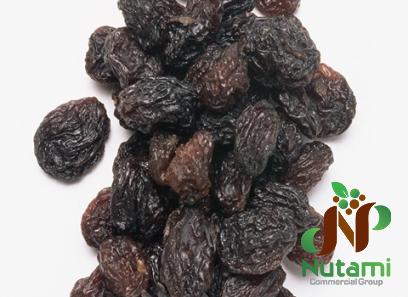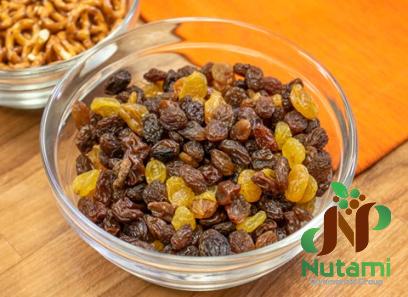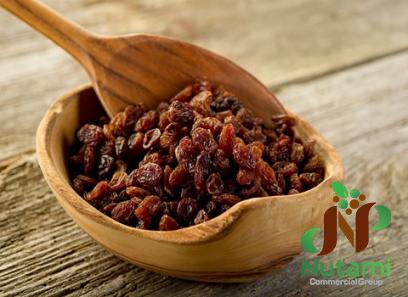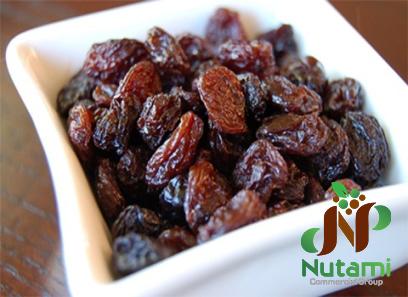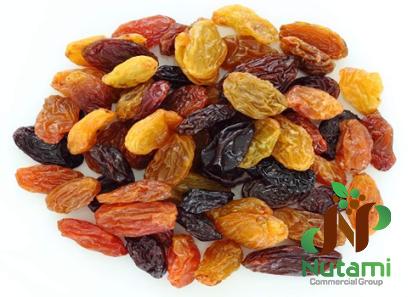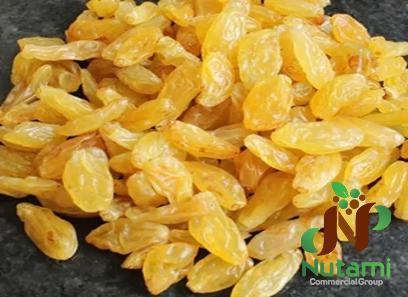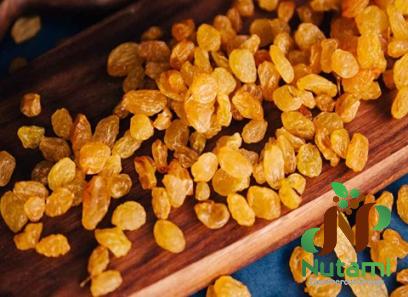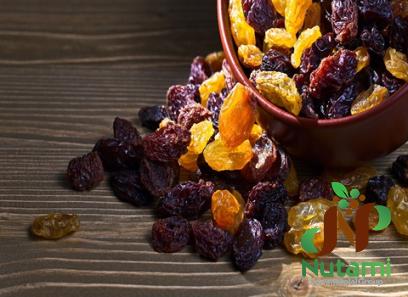do black raisins raise blood sugar levels?
People do believe in this issue that overconsuming black raisins have some effects on your health and also on sugar levels, it can raise sugar in your blood, what do you think? black raisins are a form of fruit that, like other types of fruit, contains naturally occurring sugars
As a result, although raisins pose no health risks, they should be consumed in moderation to avoid a rapid rise in blood sugar
This is due to the high sugar content of raisins
You should be aware that, despite its health benefits, fruit is high in sugar
Even if you just consume fruit as a snack, you should include it in your meal calculations if you are aiming to minimize your daily carbohydrate intake
Despite the fact that raisins are a healthier carbohydrate than others, consuming them will cause your blood sugar to jump
Because of the quickness with which raisins boost blood glucose levels, they are a useful diet for avoiding and treating hypoglycemia
Hormones produced by the thyroid gland are crucial for controlling a person’s metabolism
When these hormones are not working properly, a person’s blood sugar levels may be altered in a number of ways
An overabundance of thyroid hormone may influence glucose metabolism by increasing lipolysis and the release of insulin and glucagon, resulting in glucose intolerance or diabetes
When a person has hypoglycemia, their pancreas secretes the hormone glucagon
This aids in the restoration of normal blood sugar levels
If the body recognizes that blood sugar levels are within normal limits, it will cease producing the hormone glucagon
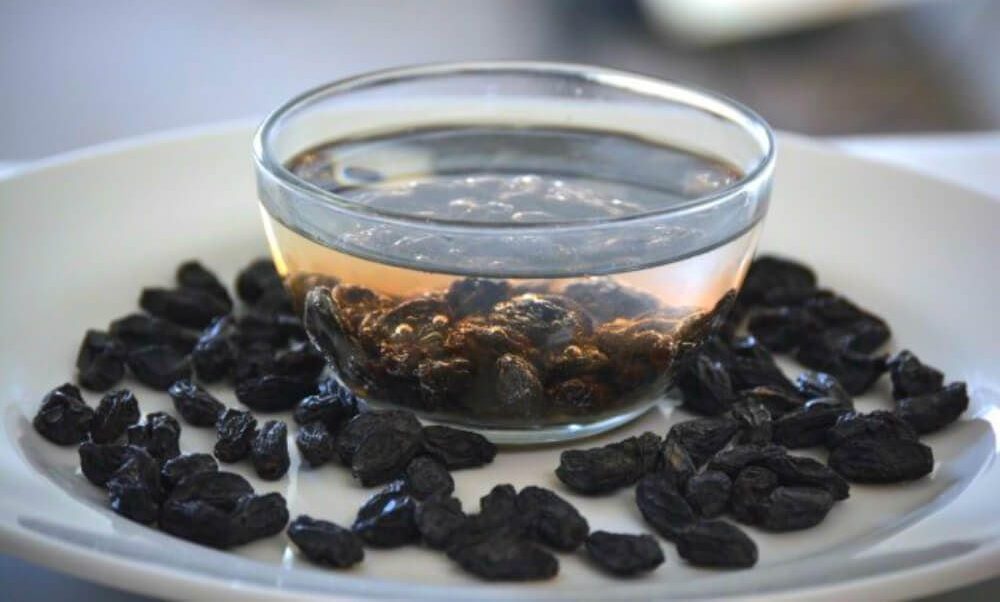
Uncontrolled diabetes may cause a broad range of health consequences, including cardiovascular disease, renal failure, and even blindness
Diabetes is a chronic disease that has reached epidemic proportions in adults and children worldwide
People with diabetes are highly advised to avoid sugar and sugary foods, since excessive intake of any of these may result in elevated blood sugar levels
What about raisins and other forms of dried fruits, on the other hand? Raisins, which are just seedless grapes that have been sun-dried, are a wonderful source of a range of nutrients
Raisins are high in potassium, magnesium, and a variety of other antioxidants, yet they are low in cholesterol and saturated fat
They are very healthy since they are high in fiber
Increasing one’s intake of fruit and the fiber present in fruit has been linked to a considerable decrease in one’s risk of developing coronary heart disease, according to study after study
A high-fiber diet has been linked to a decreased risk of stroke, as well as lower blood pressure and cholesterol
Eating raisins may help decrease blood pressure, according to some studies
Patients with type 2 diabetes who took part in a randomized controlled trial in 2015 comparing the effects of raisins on glycemic control and cardiovascular risk factors discovered that the raisin group significantly reduced postprandial (after fasting) glucose levels by 23% compared to the other snack group
When compared to those who ate snacks, those who ate raisins had 19% lower levels of glucose in their blood while fasting, and their hemoglobin levels declined by 0
12%
The glycemic index (GI) is a grading system used to assess the proportionate impact of various meals on an individual’s blood sugar levels
White bread and other highly processed foods have a high glycemic index (GI), but meals made with vegetables, fruits, and whole-wheat items have a lower GI and do not significantly boost blood sugar levels
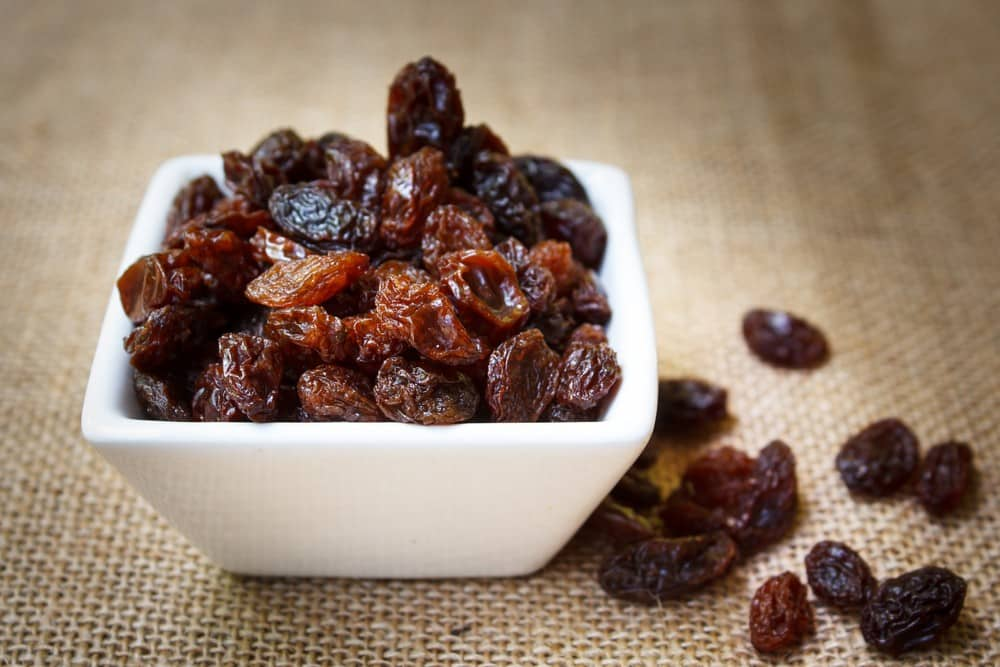
black raisins and blood sugar level
If you want to know how the level of sugar in your blood can be influenced by black raisins, follow the next part, then you would be careful about the number of raisins and other dried fruit that you consume every day
black raisins, like any other kind of carbohydrate, have the capacity to increase or decrease the amount of sugar in the blood; however, the precise amount that may be elevated is dose-dependent
Diabetics should restrict the number of carbs they take at each meal to no more than 15 grams, which is around 2 tablespoons of raisins
Even if you eat a lot of raisins, your blood glucose level will not be significantly altered until you reach that number
The glycemic index is a statistic that measures how much your blood sugar levels will rise after eating a carbohydrate-rich meal
If this meal gets a lower score, it suggests it has less of an impact on blood sugar levels
The glycemic response to the same food may provide quite diverse effects depending on how it was prepared
black raisins have a GI score that falls halfway in the center, with a GI range ranging from 49 to 64, making them a meal in the middle of the pack
Consuming black raisins has been demonstrated to improve insulin sensitivity and reduce blood sugar levels after a meal in certain people
Those with impaired fasting glucose exhibited lower blood glucose and insulin levels after consuming 50 grams of carbohydrate from raisins before exercise compared to ingesting the same amount of carbohydrate from an energy bar or glucose beverage
This was shown by comparing glucose and insulin levels in the blood before and after exercise
The findings were initially published in the International Journal of Sports Nutrition and Exercise Metabolism in February 2011
People with impaired fasting glucose, commonly known as prediabetes, often have blood glucose levels that are higher than usual
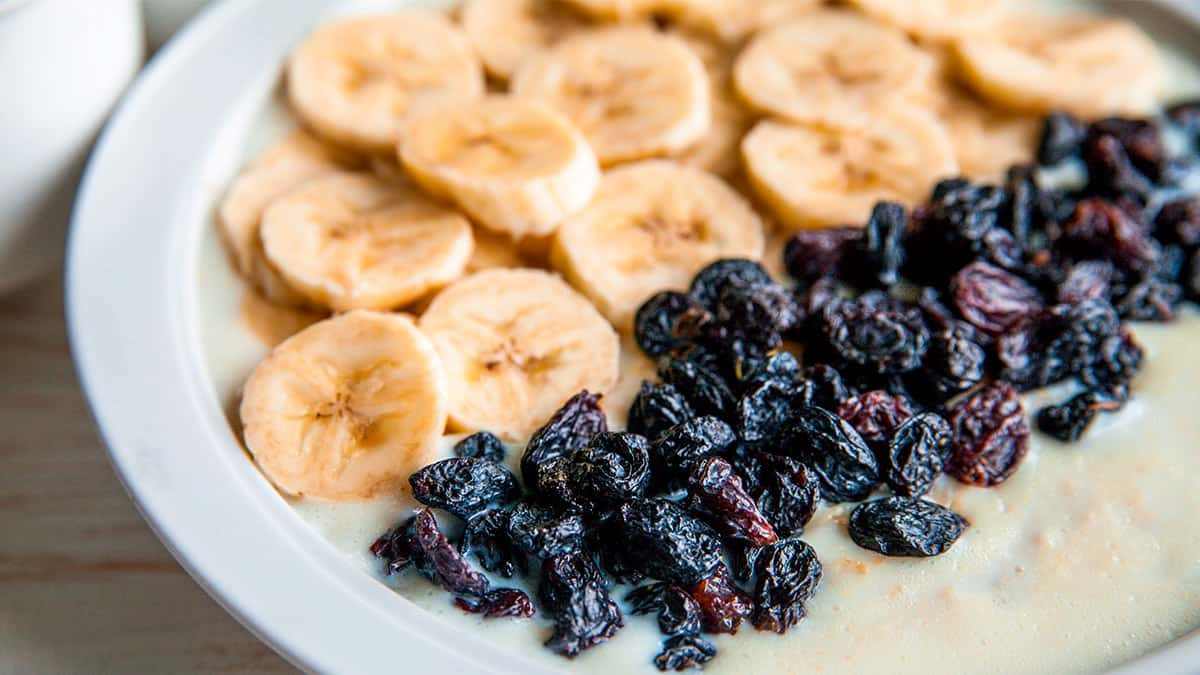
If you’re trying to lower your blood sugar levels, swapping raisins for processed foods may be beneficial
“Eating high-sugar, refined-grain snacks like candy bars or chips and drink resulted in higher blood glucose levels than ingesting whole-food snacks like raisins and peanuts or bananas and peanuts,” according to research published in the journal Diabetes Care
Despite the fact that the two kinds of snacks had equivalent amounts of calories and fat owing to the increased fiber content and less-processed nature of the whole-food forms of the snacks, this was the case
Raisins have a low glycemic index, a high fiber content, and significant antioxidant properties, which all contribute to their ability to help maintain healthy blood sugar levels
It is critical to keep blood sugar levels low and hemoglobin levels normal in order to avoid long-term damage to the cardiovascular system, which includes the heart and blood vessels
Diabetes and thyroid illness are two examples of common ailments that include hormone abnormalities
Although scientists are unsure of the exact cause, there is accumulating evidence that suggests a link between the two conditions

